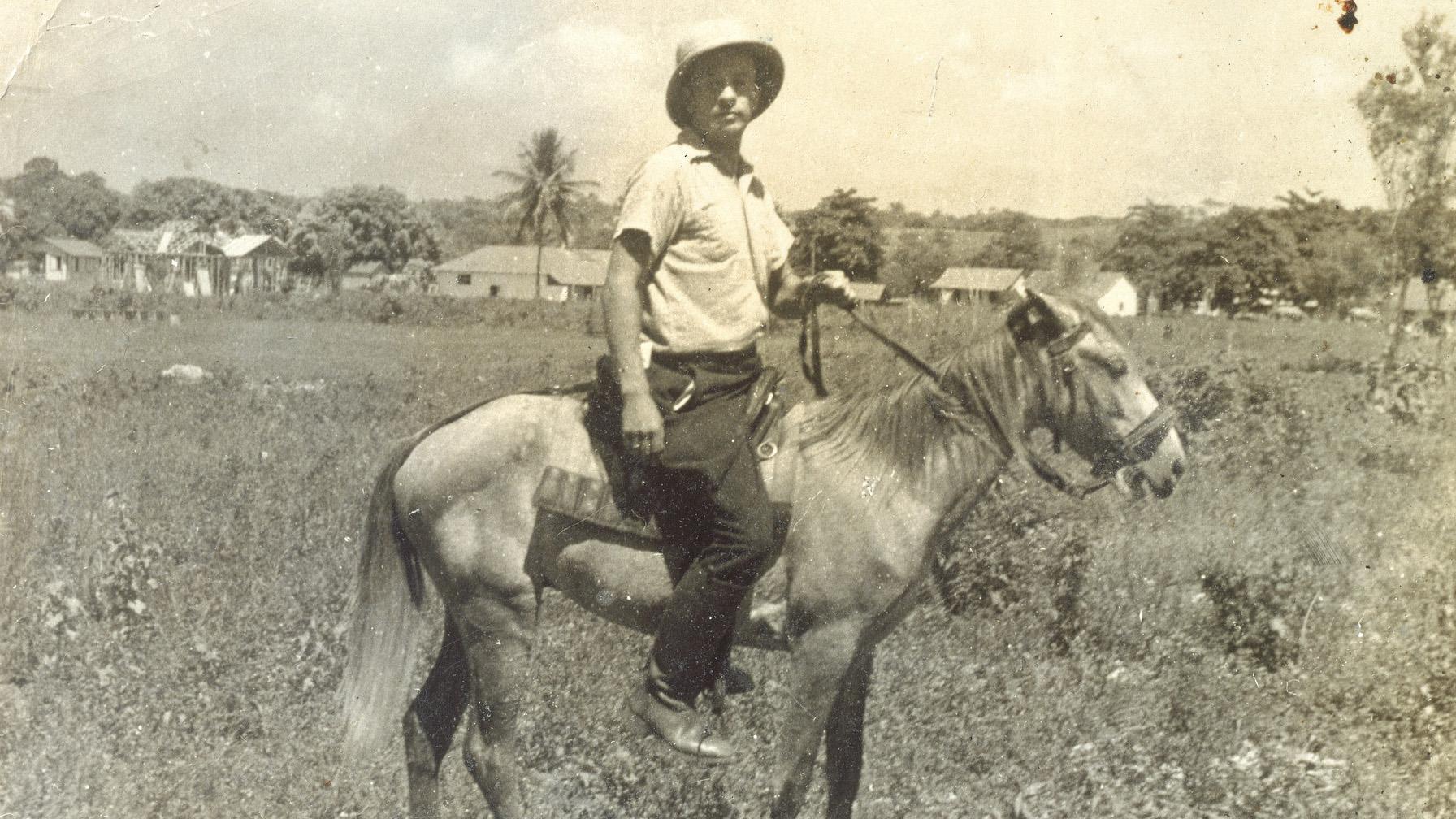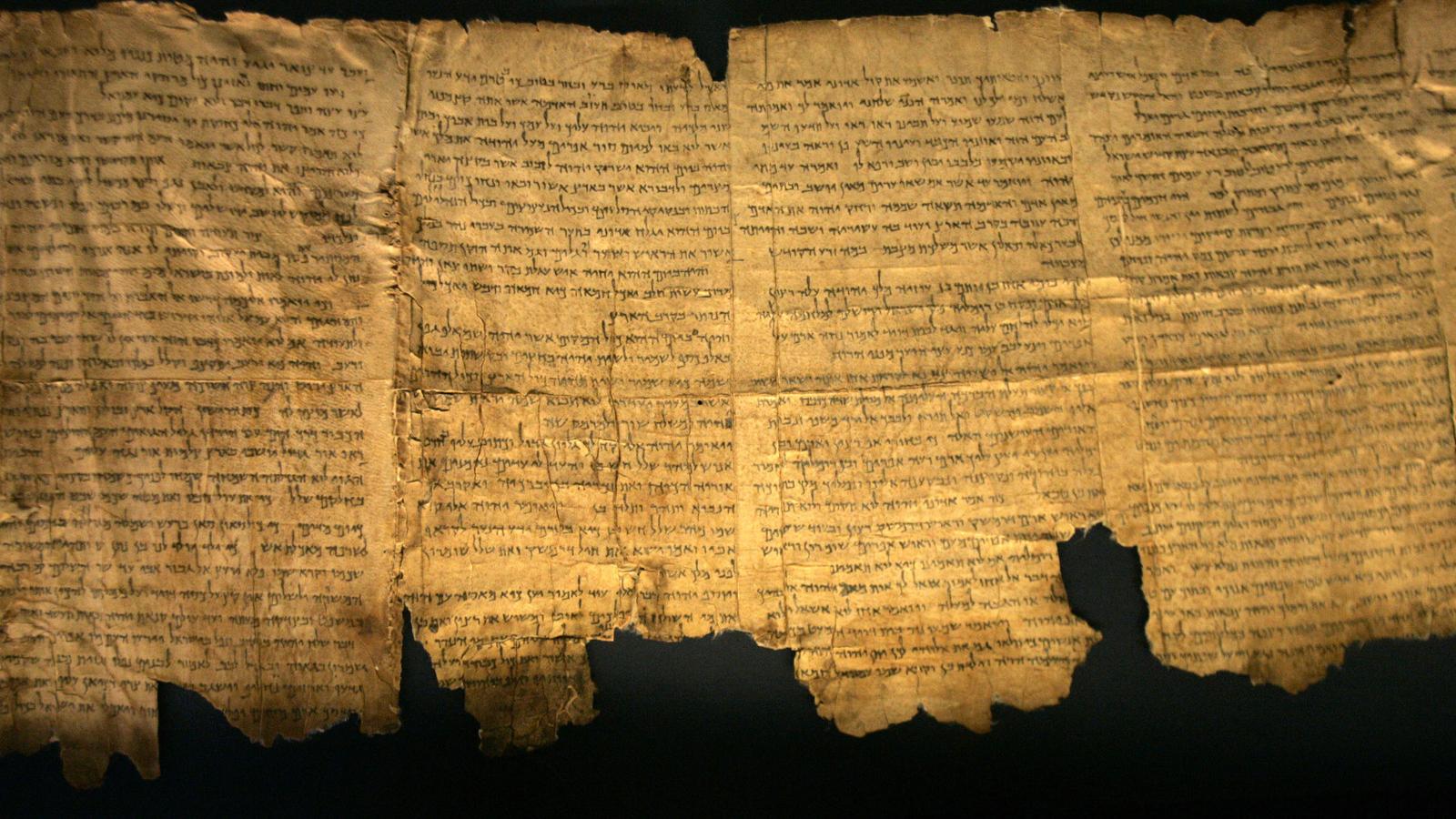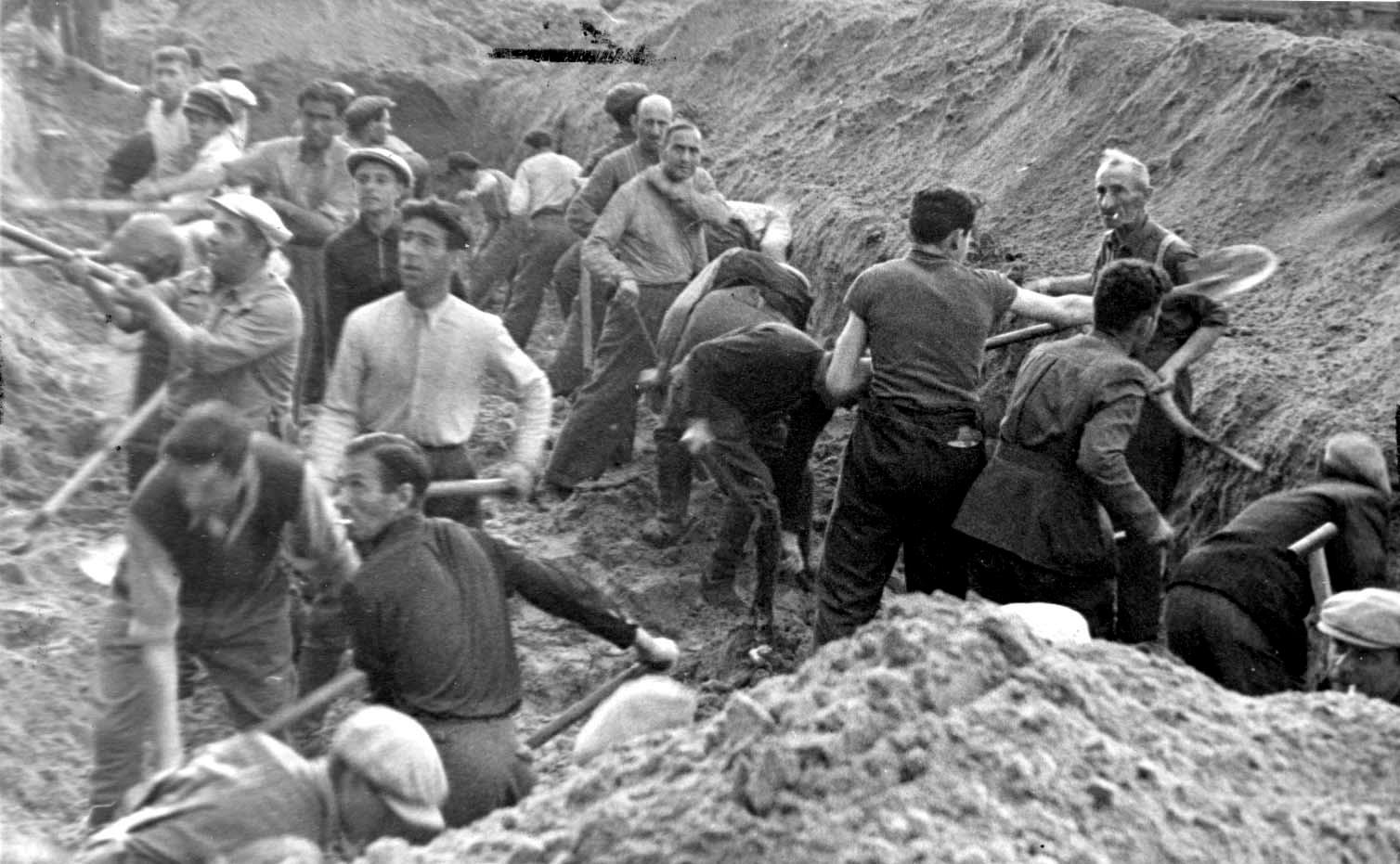Jewish history
The Dominican Republic took in Jewish refugees fleeing Hitler while 31 nations looked away
A New Hampshire man stumbled on an overlooked moment of history: The forgotten Evian conference where only one of 32 countries — the Dominican Republic — agreed to help settle German Jewish refugees. The doomed Evian Conference is viewed as a beginning act of the Holocaust.
‘Iran’s Hemingway’ visited Israel in 1963, and wrote about it
In the 1960s, Israel and Iran weren’t sworn enemies. In fact, there were political and cultural exchanges between the two countries. Among them was a visit by a famed Iranian author to Israel — an experience that he wrote about in a book with startling contradictions.
What happened to Jewish survivors who stayed in the former East Germany after the Holocaust?
It’s nearly seventy years since World War II ended. In that time, many historians have documented what happened to Germany’s Jews under the Nazis. But less attention has been paid to what happened to Jewish survivors who stayed in Germany after the Holocaust – particularly the Jews who settled in the former East Germany, or the GDR as it was called. Now a new German play addresses some of that history.
Victims in Toulouse shooting laid to rest in Jerusalem
A large crowd turned out in Jerusalem on Wednesday to pay final respects to the four French Jews who were gunned down outside a Jewish school in Toulouse this week. The funeral was a somber occasion, with many Israelis arguing this was a sign the French Jewish community needed to move to Israel.
War, religious-themed restaurants in Ukraine spark controversy
Yurko Nazaruk opened a restaurant in Lviv, Ukraine that is designed to look like the sort of underground bunkers used by insurgents during World War II. It was so successful he opened one that’s themed after the country’s Jewish community, all but wiped out during the war, Lviv-born writer Leopold van Sacher Masoch, who lent his name to masochism. But not everyone is pleased.
The Growing Problem of Anti-Semitism in France
France is home to Western Europe’s biggest Jewish and Muslim populations. Tensions have been rising since last March, when a man named Mohamed Merah killed seven people – including three children at a Jewish school in Toulouse. The Merah case is extreme, but among an alarming number of anti-Semitic attacks across France this year.


